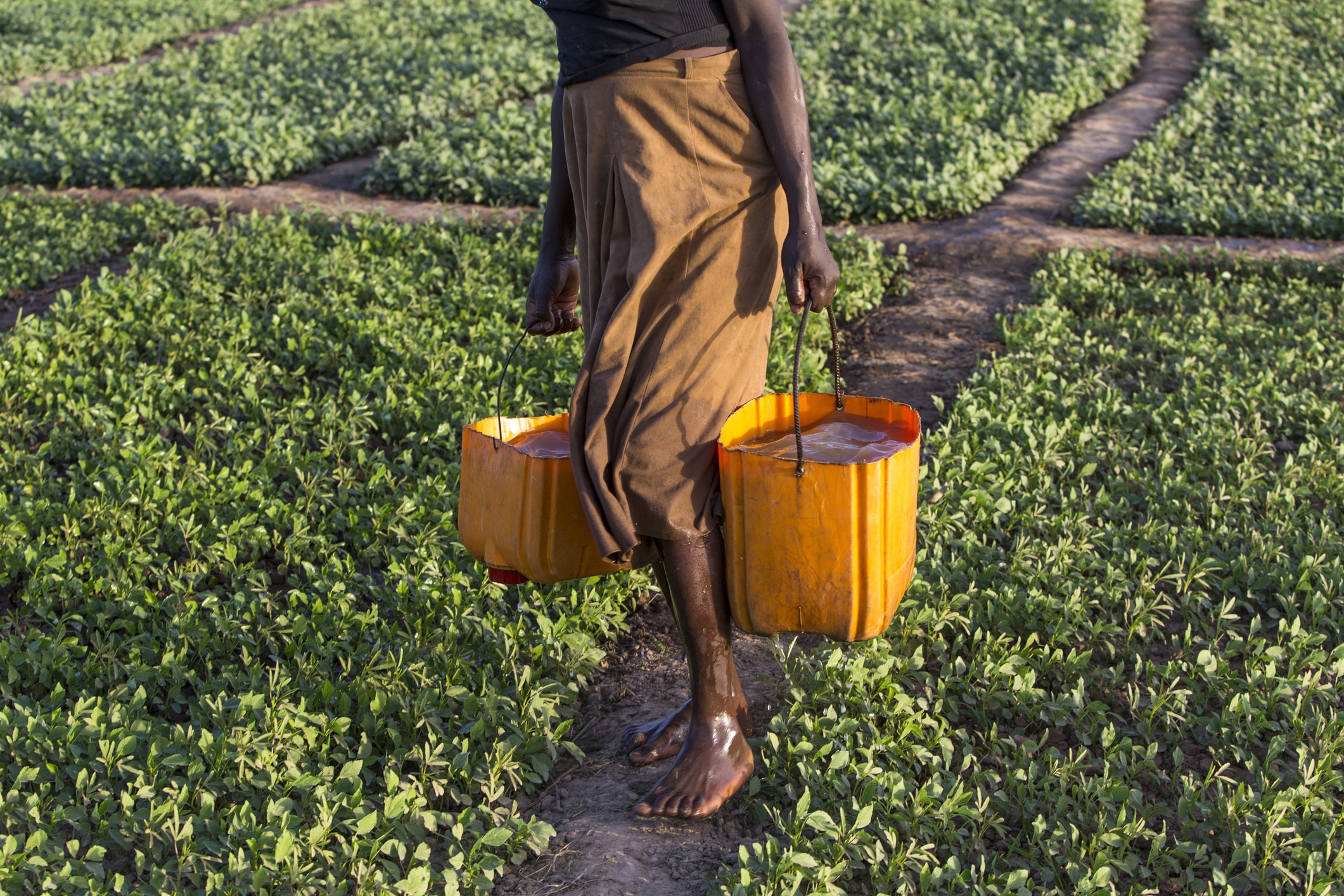Following a $150 million aid for Togo’s development in September, the World Bank and the Office Chérifien des Phosphates (OCP) Group are partnering to support farmers in Togo and other West African nations. They formalized this collaboration by signing a Memorandum of Understanding (MoU) in Marrakech. Citizens are calling for transparency and efficient execution.
The World Bank and the Office Chérifien des Phosphates (OCP) Group have announced a partnership to support farmers in Togo and other West African and Sahelian countries.
OCP Chairman Mostafa Terrab and World Bank Vice President for Western and Central Africa Ousmane Diagana formalized this collaboration by signing a Memorandum of Understanding (MoU) during the World Bank and International Monetary Fund (IMF) Annual Meetings in Marrakech, a city located in western Morocco.
This development follows the World Bank’s inaugural operation of Togo’s new Development Policy Financing series ($150 million) in September.
Aligned with commitments in the Lomé Declaration endorsed by member countries of the Economic Community of West African States (ECOWAS) in May, this latest partnership aims to benefit five million farmers in Togo, Guinea, Mali, and Benin, covering 10 million hectares. Areas of cooperation include improving soil health and fertility, establishing agricultural technology and service centers, launching a Digital Farming School program, strengthening ECOWAS capacity, and supporting the establishment of a Regional Center for Soil Health and Fertility Management in West Africa hosted by the International Institute of Tropical Agriculture (IITA).
Under this partnership, both institutions reaffirm their commitment to the United Nations’ Sustainable Development Goals (SDG), particularly SDG2 on hunger and food security, and SDG13 on climate change.
According to Terrab: “These projects are an important step towards unlocking Africa’s potential in global food security.” He added, “The goal is to drive a just and sustainable agricultural transition, widening access for West African farmers to customized fertilizers that nourish the soil and improve crop yields, enhancing farmers’ livelihoods and contributing to African development and prosperity.”
Diagana emphasized: “Both our institutions believe in accelerating investments and reforms to support resilient agriculture that promotes sustainable development and creates jobs. This partnership between the World Bank and the OCP Group is turning the Lomé Declaration into action.”
The World Bank’s economic overview of Togo highlights challenges since the Covid-19 pandemic, including headwinds from the fallout of Russia’s invasion of Ukraine, slowing external demand, tighter financing conditions, and regional instability. Togo’s government response involved increased public spending to stabilize growth, but vulnerable populations have felt the impact. The partnership between the World Bank and the OCP Group aligns with Togo’s efforts to address these challenges, focusing on key areas of cooperation for sustainable development.
In response to the announcement, Togolese entrepreneur Paul Mensah shares his sentiments with FORBES AFRICA, foreseeing a positive impact on the nation’s growth through this support.
“As a Togolese, it’s heartening to witness the World Bank’s commitment to our country’s economic progress,” says Mensah, emphasizing the importance of robust financial support in propelling the nation forward.
The financing, dedicated to supporting the government’s roadmap and enhancing food security, is viewed by Mensah as a crucial step toward addressing key challenges facing Togo’s economy.
“Food security is undeniably a cornerstone of economic development. The World Bank’s focus on this aspect aligns with the fundamental needs of our nation. It is a welcome development,” Mensah remarks, highlighting the significance of ensuring a stable and sustainable food supply for Togo.
While expressing his satisfaction with the World Bank’s initiative, Mensah also urges the Togolese government to play an active role in ensuring the effective implementation of the outlined roadmap.
“The success of these financial interventions hinges on the government’s commitment to transparent and efficient execution. I am hopeful that our leaders will prioritize the effective utilization of these funds for the benefit of our nation,” he states.
Mensah’s sentiment reflects a broader hope within the Togolese community that this injection of funds will catalyze positive change and contribute to the nation’s overall economic prosperity.
